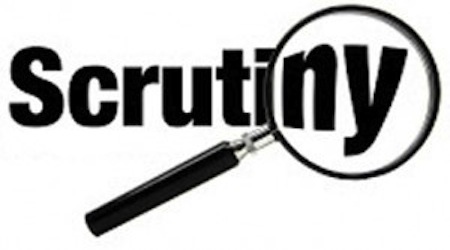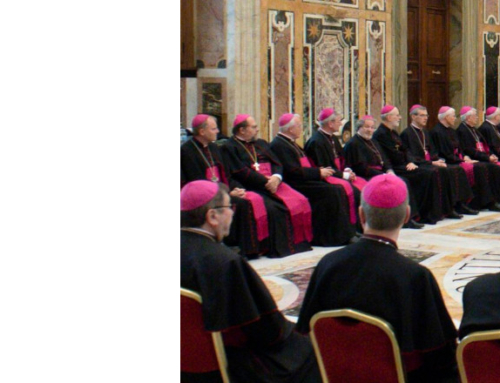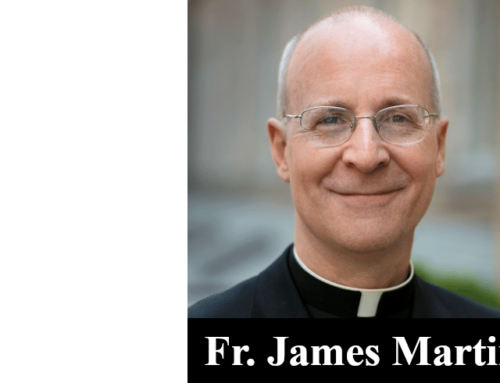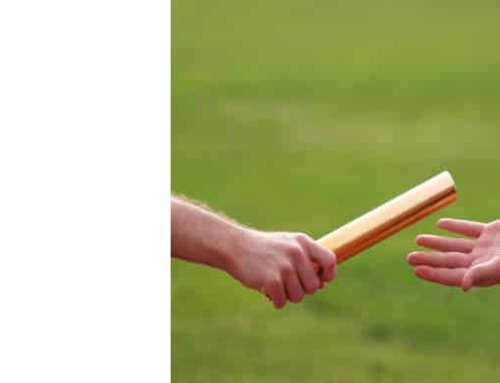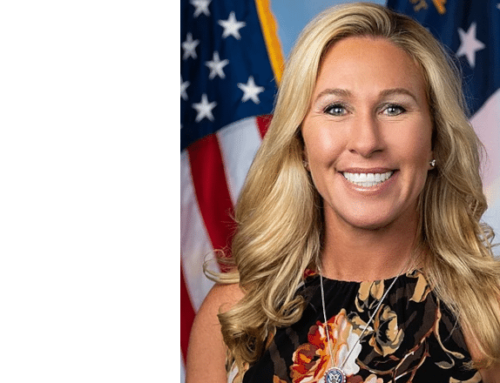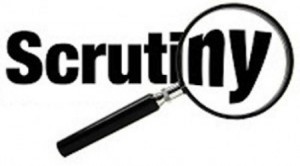
Pew Research does excellent work, and it provides another service in surveying the public on its reaction to the Charlie Hebdo controversy. But there is more to its findings than what it seems.
The survey found that 76 percent of U.S. adults had heard about the attack on Charlie Hebdo. Of that portion, 60 percent said it was okay to publish the cartoons; 28 percent disagreed; and 12 percent either did not know or refused to answer. Women and non-whites were more likely to say it was “not okay.” Seven out of ten who said it was okay cited freedom of speech and freedom of the press as their reason.
It is not clear how those surveyed interpreted the question. For instance, when asked whether it was okay to publish the cartoons, were respondents thinking about legalities alone? Had they been asked a different question, it may have elicited a different response. Here’s an example: “Even if we grant the legal right to publish the cartoons, is it the right thing to do?”
The initial question is itself open to critical analysis. Respondents were told that “over the past several years this magazine has published cartoons depicting the Prophet Muhammad, which some people found offensive to their religious beliefs.”
From my discussions with well-educated persons in the media about this issue, I was struck by how many thought these cartoons were simply a little edgy. Not true: some were, but others were downright obscene. Indeed, some were so vulgar as to be pornographic. So if many of those in the media didn’t know about the vile nature of some of these cartoons, it is a safe bet that most of those who said they heard about them were unaware of just how offensive some of the cartoons were.
Depicting Muhammad in a snarky way is one thing; it is quite another to obscenely trash him.


